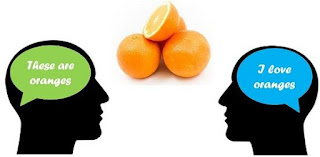Week 5
During Week 5 we learned about creating learning objectives. Learning objectives need to be student-centered and measurable. We learned about the ABCD formula in class. A addresses audience which could be learners, students or more specific like second grade students. B stands for behavior which should be measurable and observable, you could include terms from Bloom's taxonomy or Webb's Depth of Knowledge. C is the condition describing the materials, time limits, with whom, etc. D stands for degree that the task should be completed to. Terms to be used are based on speed, accuracy, quality, etc. The degree can also be referenced as a percentage.
